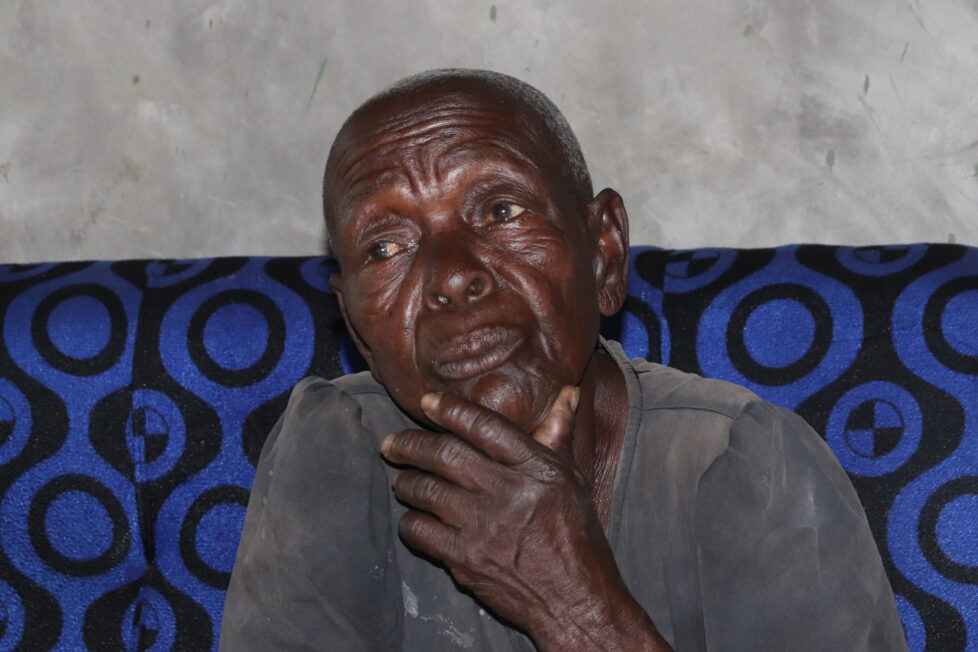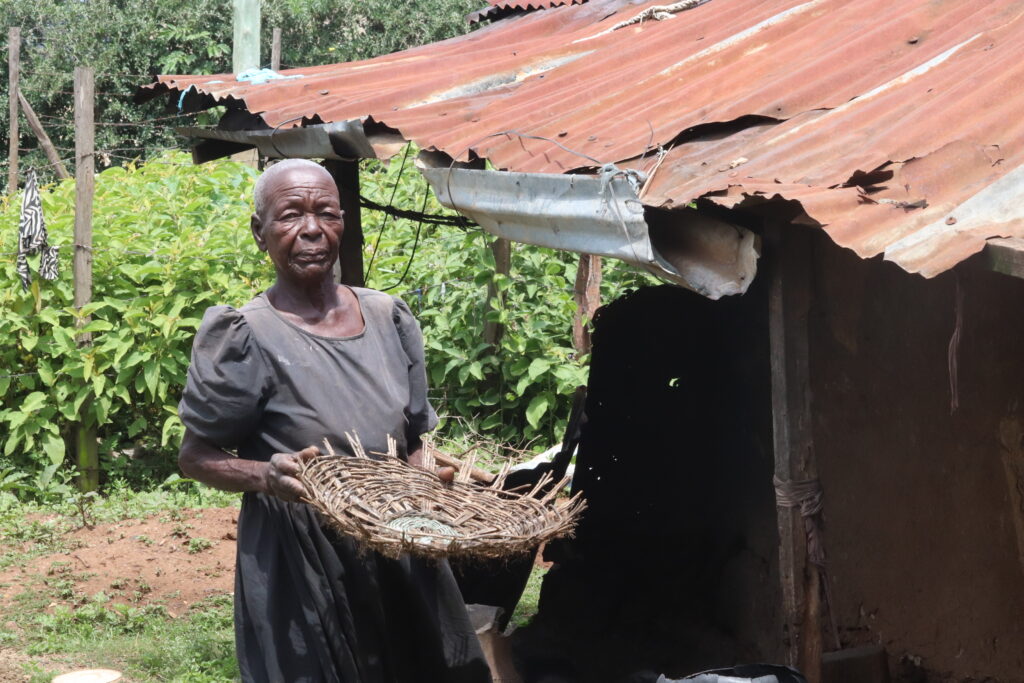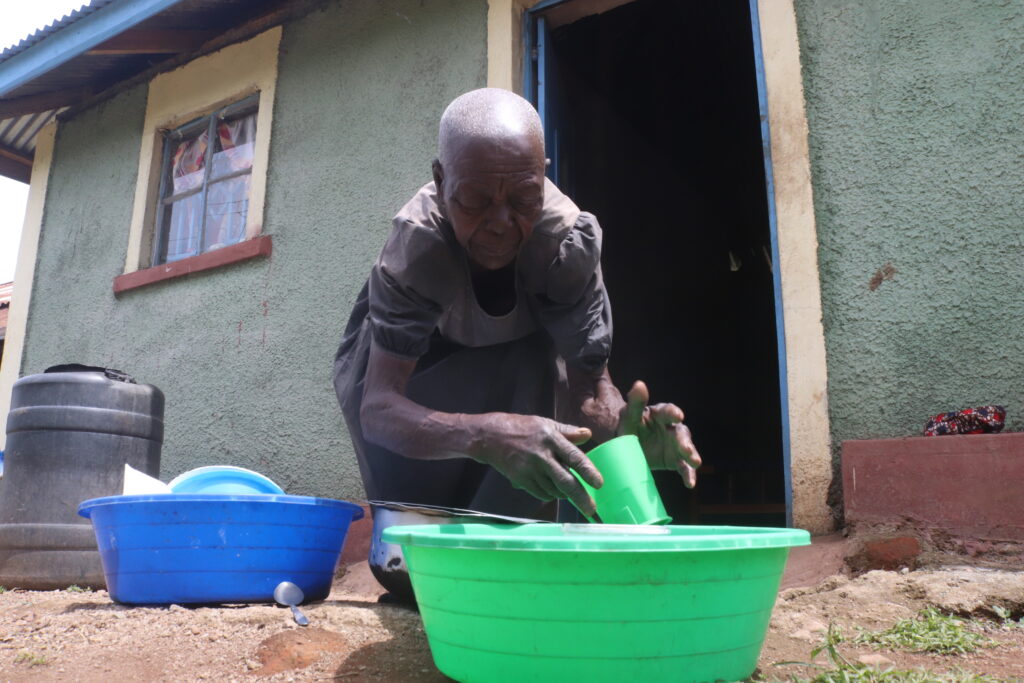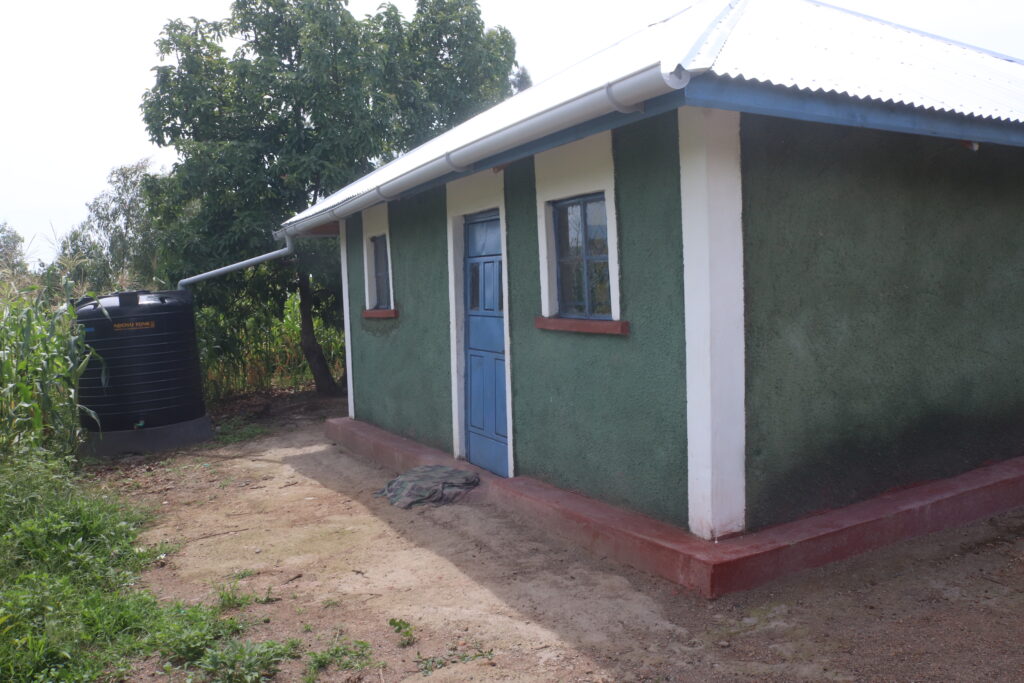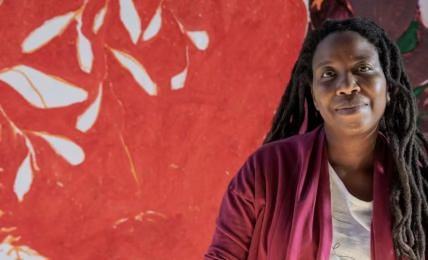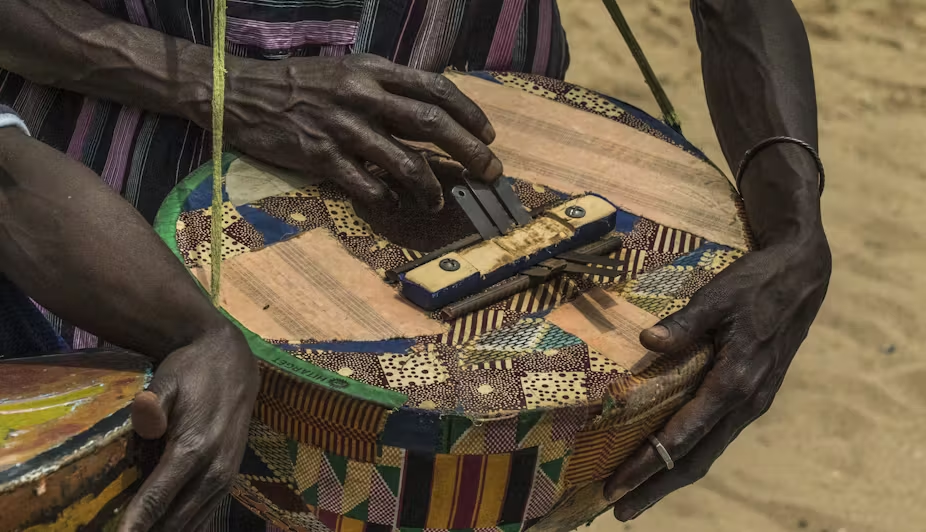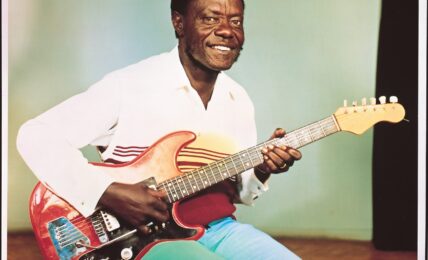Why a widows’ empowerment initiative is tackling HIV stigma and cultural barriers in Nyanza
The Widows’ Empowerment Program is an initiative dedicated to giving hope, nurturing resilience and fostering independence among the widows who have continued to face increased vulnerability due to economic hardships, social isolation, legal discrimination and emotional distress.
